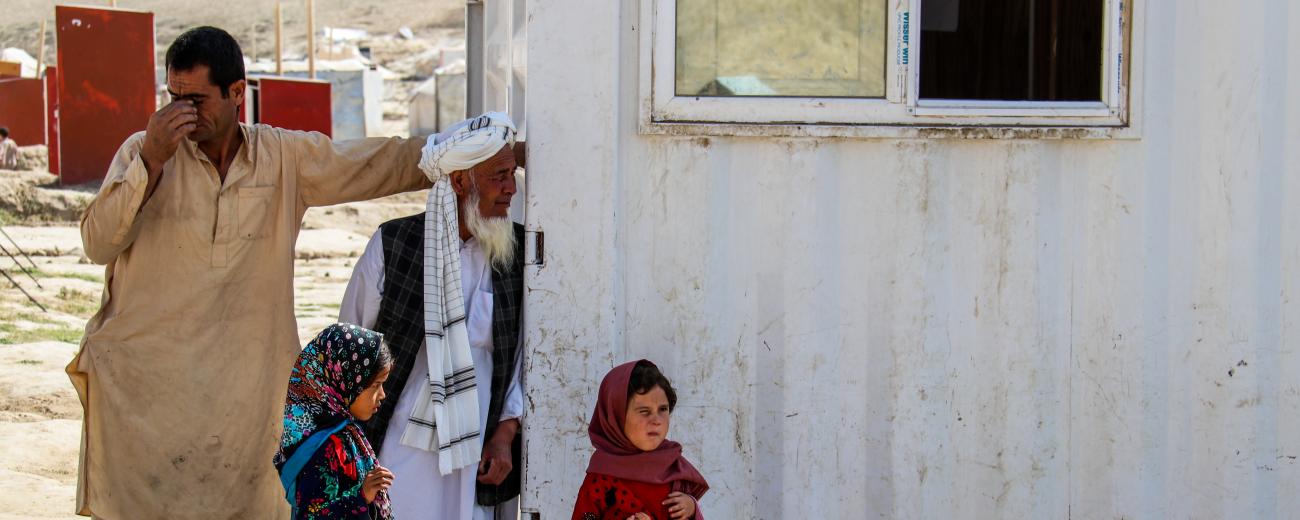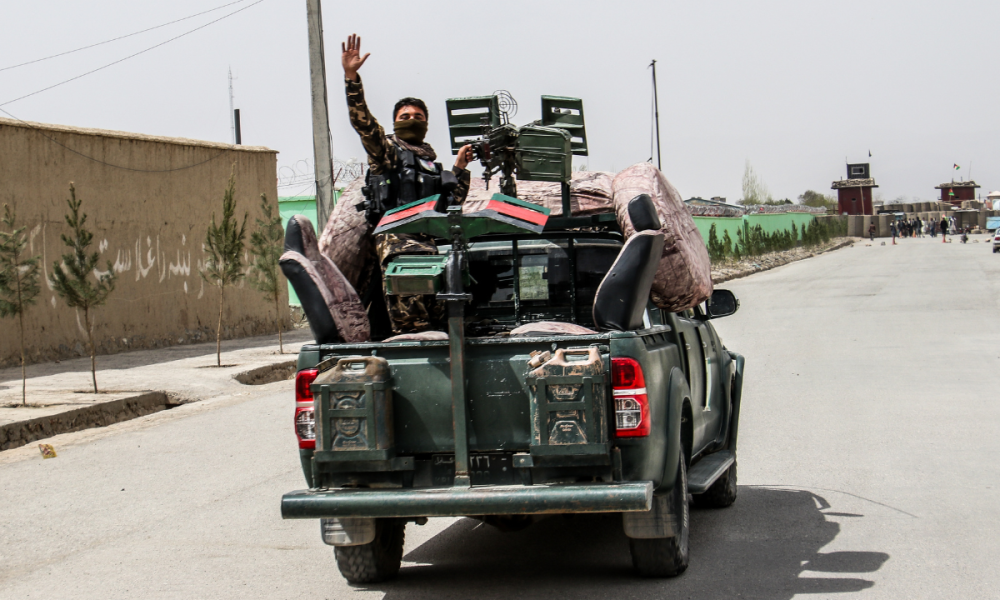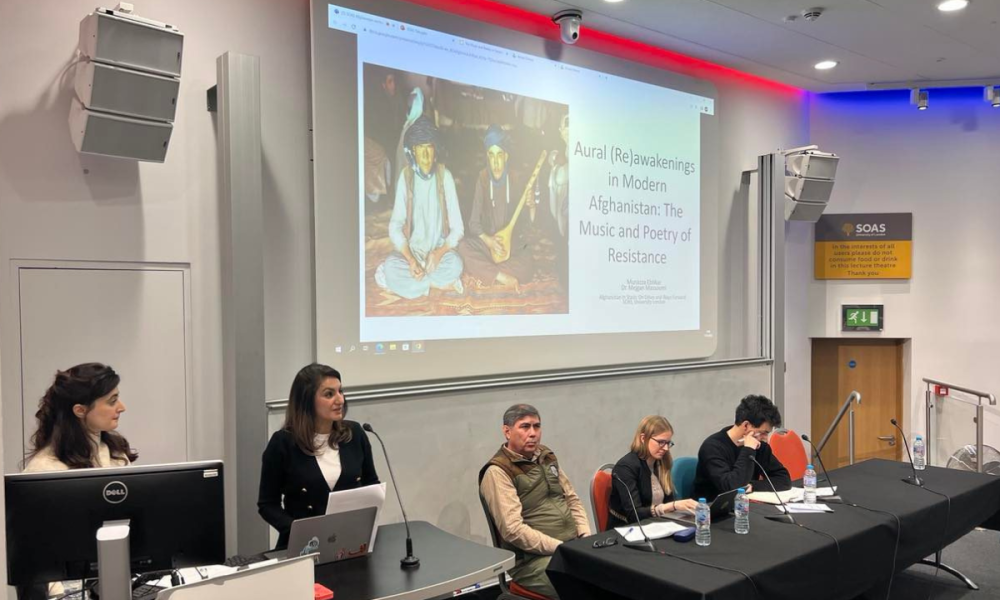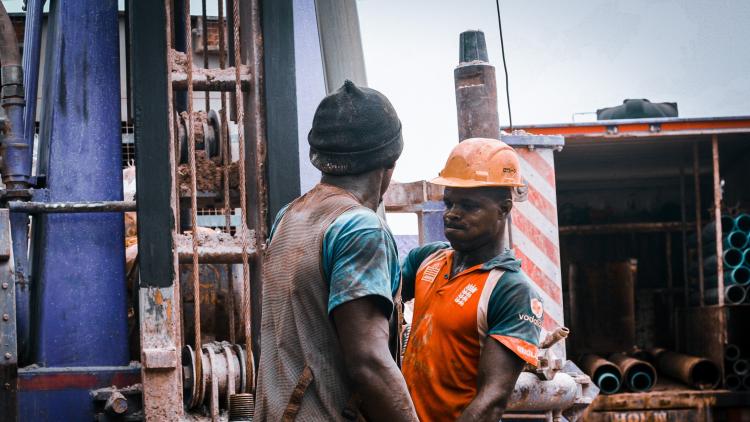How do you research Afghanistan's state, society and people during a crisis?


This blog was co-authored by Bismellah Alizada, Florence Shahabi and Rabia Khan and produced in collaboration with SOAS DevTraC, as part of DevTraC’s aims to promote spaces for ‘critical conversations’ between researchers, policy makers and practitioners and activists and to facilitate research and knowledge exchange within the international development arena.
15 August 2021 arguably marked the end of the “liberalisation” project in Afghanistan and the revival of Taliban rule. In the mass panic that ensued, tens of thousands of men and women flocked to Kabul airport and border crossing points attempting to flee.
Afghanistan in stasis: On crises and ways forward
These developments raise tough questions and challenges for researchers, as Afghanistan becomes a more difficult terrain for fieldwork. The ‘Afghanistan in Stasis: On Crises and Ways Forward’ workshop* - organised by researchers at SOAS and supported by the Department of Development Studies Conflict, Peace and Development research cluster - addressed several key questions including: challenges of access, the possibility of misinterpretation, as well as more decolonised and innovative approaches to ethics and epistemology, in contexts where the research field is dispersed across local and diaspora communities, both geographically and virtually.
The keynote speech by Dr. Timor Sharan (LSE) and first panel on Unpacking Interventionism and State-Building explored flaws in the design and implementation of the liberal state-building project in the country, the incompatibility of liberal values and premises with local religious beliefs and cultural norms in the heterogeneous context of Afghanistan and the conflicts generated by these alternative approaches. In practice, with little reference to local institutions, a centralised system of governance was set up, with few checks and balances, creating three layers of parallel institutions -- the government, the international community, and the NGO community.
The failed liberal project
In reality, however, governance was dominated by political elite networks that regulated informal institutions and shaped the political culture and the wider political-economy, including rent-seeking, illicit enterprises, corruption and criminal activity. Such failures were exploited by the Taliban over time as they increasingly created a shadow taxation system post-2005 which was arguably more effective than the formal one. In the meantime, President Ghani over-centralised power through the systematic exclusion of political elites that proved fatal as no effective resistance was left, while the Taliban continued to gain control of more territory. The agreement signed between the US and Taliban in February 2020 undermined the Afghan government but empowered the Taliban.
By 22 December 2022, the liberal project was totally reversed, as the Taliban banned women of Afghanistan from higher education after excluding them from secondary education and the workforce. The Taliban’s decision completes a process that will remove women from public life and continues to undermine the rights and freedoms of ethnic and minority groups.
Building a sense of state identity and cohesion
Time and again, indigenous institutions – the topic of the second panel – were either ignored or distorted by Euro-American liberation and modernisation projects in Afghanistan. The cost in human lives, in tangible and intangible culture, in the perpetuity of heritage, is immeasurable. However, in the absence of decolonial thinking, these losses could never sway the scales of war. For that reason, also, the Taliban’s struggle for recognition on the world stage is wrought with anxiety about identity. Without a culture rooted in the society, a topic further examined in the third panel, the Islamic Emirate is as problematic as a Republic built in the image of foreigners and midwifed by them too.
Post-2021, collective organisations in Afghanistan, such as 'Sufi civilities' will play a crucial role in sustaining the society’s sense of identity and cohesion. Likewise, modern education, which has afforded Afghan women socio-economic opportunities since the 1920s, has proven to be resilient in the face of perpetual crises. It is precisely because of the Taliban’s attempt to suppress people’s spiritual and intellectual needs that music and poetry have become a poignant form of resistance as evidenced by new anthems of dissent widely shared on social media by Afghans in exile. The cultural suppression during the Hazara Genocide (1891-93), the exodus of the Hindu community from Afghanistan in the 1990s, and the present-day stigmatisation and ostracisation of Sikhs by the Taliban exist alongside histories of progressivism indigenous to the country.
Migration and questions of belonging, integration and ‘security’
The last workshop panel on ‘migration, dislocation and resettlement’ highlighted the stark difference in rhetoric and policy in relation to Afghan migration. The problems with resettlement schemes and educational scholarships available to Afghan nationals were also discussed. Invariably, belonging and integration also came to the fore, and these issues were explored through the lens of ‘security’. While the growing use of ‘technologies’ such as WhatsApp and smartphones in the acute evacuation and humanitarian assistance of Afghans was engaged with, as well.
Here it is pertinent to note that during the first quarter of 2022 Afghan nationals constituted the largest group of migrants entering the UK via the English Channel. The deteriorating human rights and women’s rights situation in Afghanistan will undoubtedly impact migration flows, both to neighbouring countries and further afield to Europe. However, the response from both the UK and other European states towards Afghan refugees, over many years, begs the question of why for years deterrence has been prioritised over humane migration policies and ‘welcoming’ approaches towards vulnerable communities.
Ultimately, this workshop has shown that while research in Afghanistan may be increasingly challenging for many researchers, there remain important avenues of research inside Afghanistan as well as with both diaspora and refugee communities, which should be developed in the years to come.
*‘Afghanistan in Stasis: On Crises and Ways Forward’ is a continuation of previous academic events we have organised at SOAS to decolonise research and cultivate spaces for scholars and practitioners working on Afghanistan and the diaspora. The workshop was a reminder that Afghanistan studies is facing another moment of precarity. We hope that SOAS and other academic institutions will continue to draw scholars of Afghanistan, especially Afghan academics for whom the United Kingdom is now home.
We are immensely grateful for the support of the research cluster Conflict, Peace and Development at SOAS University of London.
About the authors
Bismellah Alizada is a Ph.D. Candidate at SOAS. His Ph.D. research focuses on the demands for decentralization among political elites of ethnic Hazaras in Afghanistan.
Florence Shahabi is writing a biography of the Afghan poet-philosopher Bahauddin Majruh and researching the history of the Linguistic Atlas of Afghanistan.
Rabia Khan completed her PhD at SOAS. Her doctoral research examined Hazara ethnic consciousness. She also holds an LLM in Human Rights from SOAS.




